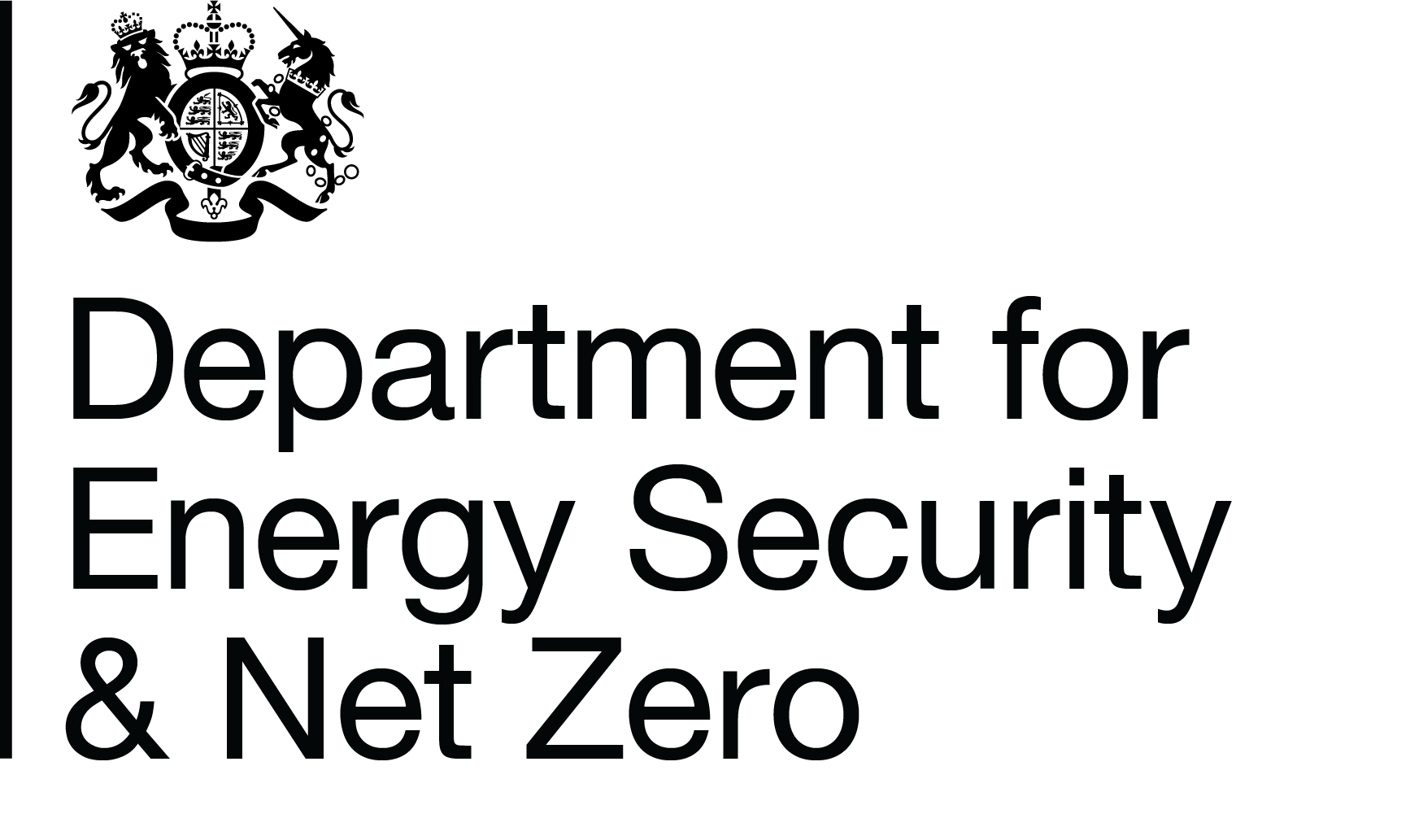Consultation on simplifying the CRC Energy Efficiency Scheme
Overview
This consultation was carried out by the Department of Energy and Climate Change. In July 2016, the department merged with the Department for Business and Innovation and Skills to form the Department for Business, Energy and Industrial Strategy.
The CRC Energy Efficiency Scheme (CRC) is a mandatory UK-wide trading scheme that was brought into law via the CRC Energy Efficiency Scheme Order 2010 (SI 2010/768) (the ‘CRC Order’). The scheme is designed to incentivise large public and private sector organisations to take up cost-effective energy efficiency opportunities through the application of a range of drivers and thereby drive down the carbon emissions throughout the UK.
Why your views matter
This consultation is being undertaken as a result of stakeholder feedback and Government’s stated intention to review the operation and design of the scheme with a view to simplifying it and substantially reducing the associated administration burdens. The CRC Energy Efficiency Scheme (Amendment) Order 2011 (SI 2011/234) was made on 1st April 2011 which primarily extended the introductory phase and postponed the start of phase two, in order to give us time to engage extensively with stakeholders and make amendments to the scheme as part of the broader simplification review. For this reason, the simplifications proposed in this consultation will generally take effect from the beginning of phase two of the scheme.
Following a broader simplification review and engagement with stakeholders, this consultation document includes proposals which aim to streamline and simplify the scheme to create a new leaner, simplified and refocused CRC. The simplified CRC will deliver its energy efficiency and carbon reduction objectives whilst making compliance easier and less burdensome for participants. In summary these proposals will:
- provide greater business certaintyby introducing two fixed price sales of allowances a year (one forecast and one retrospective), rather than auctions of allowances in a capped system;
- allow for greater flexibility for organisations to participate in ‘natural business units’;
- reduce the reporting burdenin particular by reducing the number of the fuels reported from 29 to 4; using only electricity measured by settled half hourly meters (HHMs) for qualification purposes; ending the requirement for footprint reports; and other practical measures such as reduced requirements on maintaining records;
- reduce scheme complexityby removing the residual percentage rule (‘90% rule’) and CCA exemption rules, but aiming to achieve broadly the same outcomes;
- reducing overlap with other schemesso that organisations covered entirely by CCAs do not need to register; no longer requiring EU ETS installations to purchase allowances for electricity supplies.
Having considered stakeholder views and published a response, Government will make and lay an Order before Parliament, the Scottish Parliament, National Assembly for Wales and the Northern Ireland Assembly via the affirmative resolution process – with the Order coming into force on 1st April 2013[1].
[1]In Northern Ireland changes to the scheme will require approval by the Northern Ireland Executive. The Minister of the Environment has written to Executive colleagues and is awaiting a response.
Audiences
- Construction
- Investment
- Manufacturing
- Retail
- Property
- Finance
- Installer
- Landlord
- Universities
- The Devolved Administrations
- Charities and Third Sector organisations
- Non-Government Organisations
Interests
- Energy and climate change
- Energy efficiency
- Electricity
- Security and resilience


Share
Share on Twitter Share on Facebook